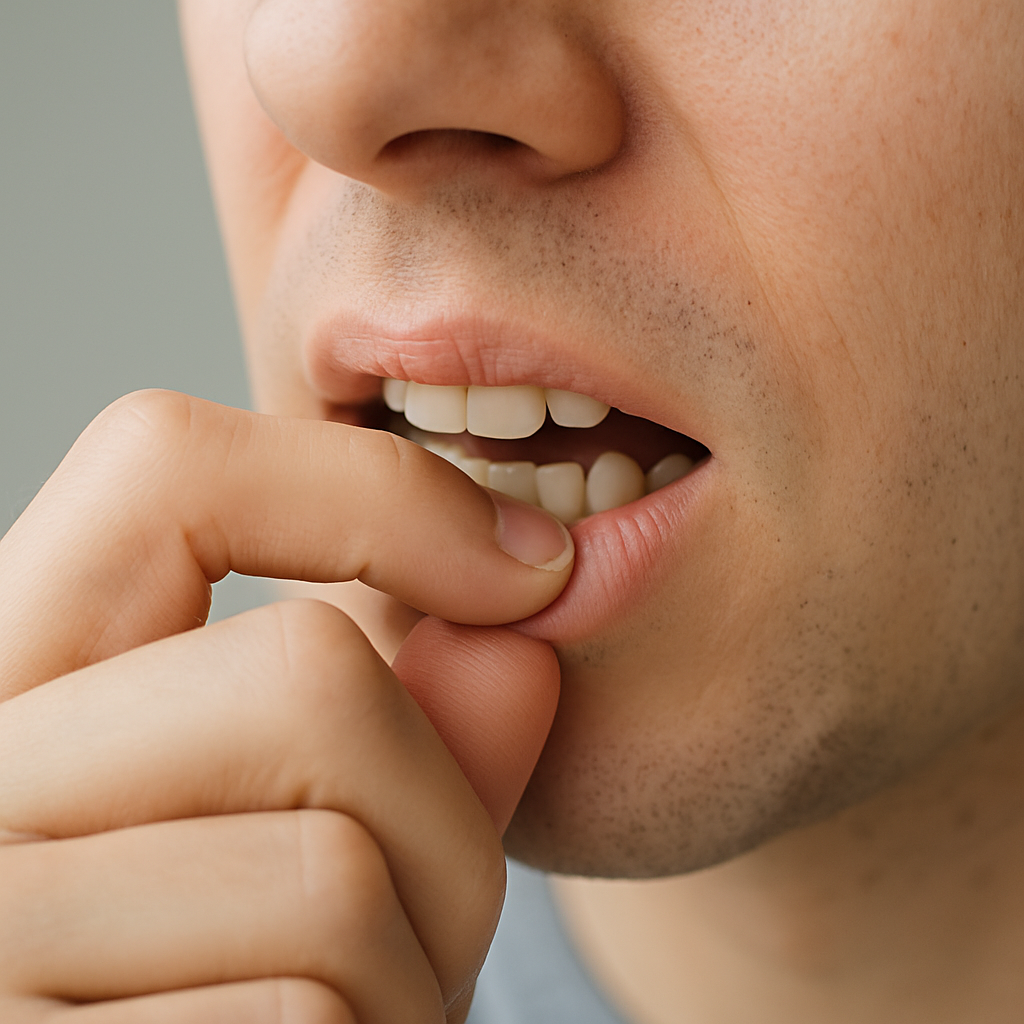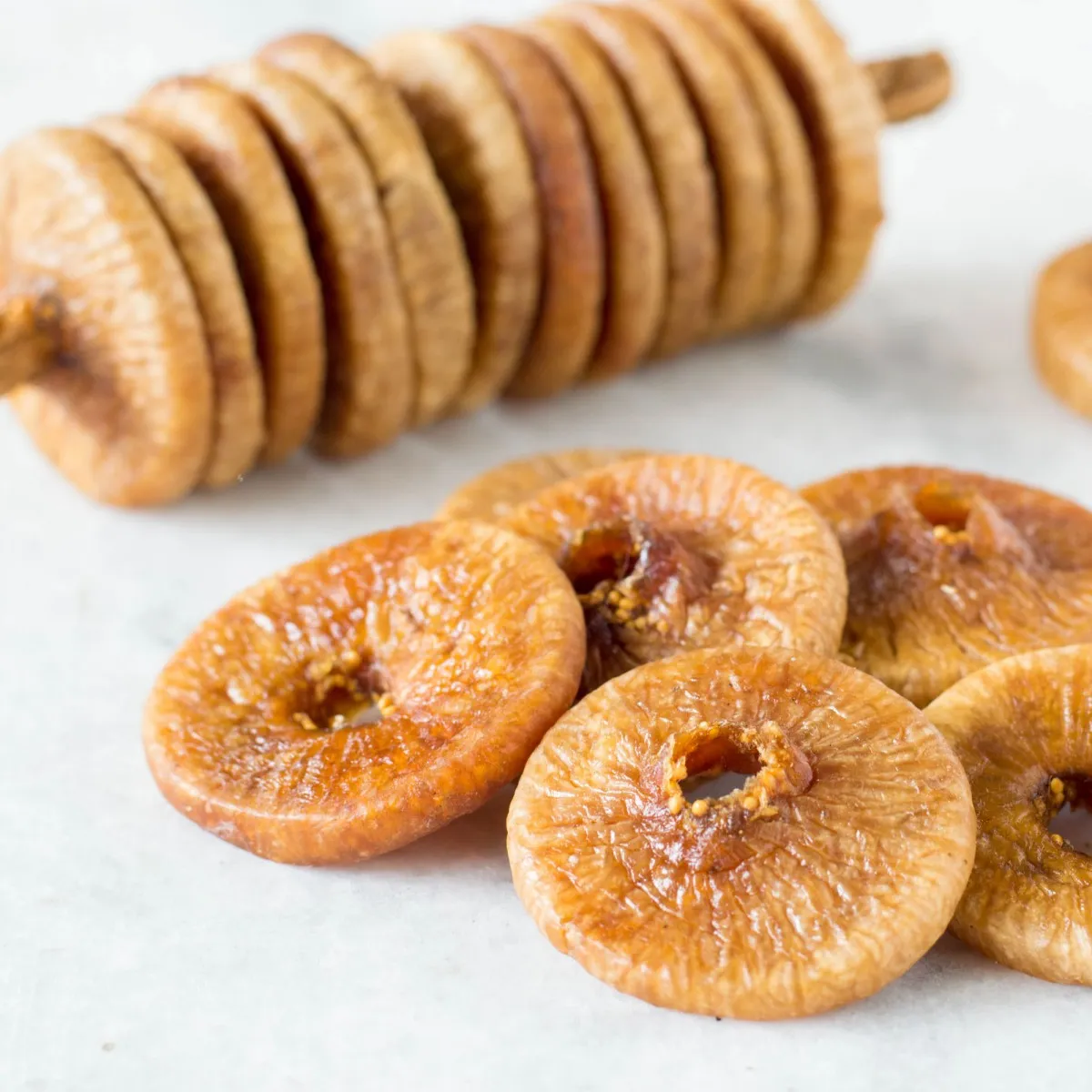
Nail biting is a common habit, also known as onychophagia. This habit is found in both children and adults. According to psychologists, people bite their nails due to reasons like boredom, stress, loneliness, and OCD. This habit is also seen in people who are highly conscious about personal hygiene or are high achievers.
There are all kinds of people around us, many of whom have certain habits that are quite strange. Some of these habits stay with us from childhood, which makes them difficult to break. Nail biting is one such habit, also known as onychophagia. It is a human behavior commonly seen in many people.
What’s surprising is that this habit is not only found in children but also in many adults. This raises the question—why do people develop the habit of biting their nails? If you’re someone who bites their nails or know someone who does, then in this article, we’ll explain why some people develop the habit of nail biting.
Why Do Children Bite Their Nails?
There are several facts and studies that try to explain why people bite their nails. According to the famous neurologist Sigmund Freud, nail biting is a sign of a flaw in a person’s psychosexual development. Some other studies and research have also identified the following reasons behind nail biting:
A Sign of Boredom and Stress
Many believe that nail biting is a sign of boredom and stress. When people bite their nails, it helps reduce anxiety. Also, when someone is feeling bored, nail biting helps keep the senses occupied, reducing the feeling of boredom. Additionally, emotional behaviors like loneliness and frustration can also trigger the urge to bite nails.
Obsessive-Compulsive Disorder (OCD)
Nail biting can also be a sign of Obsessive-Compulsive Disorder (OCD). This is a psychological condition often seen in individuals who are overly concerned with personal hygiene or display repetitive behaviors, such as checking if the door is locked multiple times.
Children who bite their nails are often found to have mental disorders such as:
- Attention Deficit Hyperactivity Disorder (ADHD)
- Separation Anxiety Disorder
- Bedwetting
- Oppositional Defiant Disorder (ODD)
Who Else Has the Habit of Nail Biting?
Nail biting is also found in people who are highly performance-driven and are impulsive about achieving extraordinary results. Since such individuals get bored or irritated easily, they tend to be more sensitive to Body-Focused Repetitive Behavior (BFRB). They often channel their boredom through actions directed at their surroundings, and nail biting becomes part of their compulsive habits.
The Habit of Nail Biting Can Lead to Onychophagia – Try These Tricks to Get Relief
Nail biting is a common habit, especially among children, and can be a sign of stress. Scientifically, it is known as onychophagia. This habit is harmful for both nails and teeth, as it can make the nails look unattractive and may even cause teeth to chip.
To get rid of this habit, keep your nails trimmed, use bitter-tasting nail products, and try to identify the underlying causes of stress.
Nail biting is a sign of stress, but this habit not only damages your nails, it can also harm your teeth. It is commonly seen in children, and experts are even linking it to genetics. However, this habit can be overcome with the help of a few simple tricks. Let’s take a look at them.
Why Does Nail Biting Become a Habit?
Nail biting is often a sign of some form of stress. Scientists have given this habit a name — Onychophagia. But why do people bite their nails, especially children and teenagers?
Experts believe that if a parent has a habit of nail biting, it can be passed on genetically to the child. In many cases, people also bite their nails when they feel bored, hungry, or insecure.
Why You Should Avoid Nail Biting
1. Damaged Nails
Nail biting causes your nails to grow unevenly and look unattractive. It can also damage the skin tissues around your nails.
2. Dental Problems
Constant nail biting can lead to cracks in your teeth, and in some cases, even tooth breakage. Over time, it may also cause gum issues.
3. Increased Risk of Infections
Your hands carry a lot of germs, and under the nails is their favorite hiding place. Putting fingers in your mouth multiple times a day exposes you to infections. Damaged skin around the nails also allows germs to enter your body easily.
You may also read : Beetroot Benefits
How to Get Rid of This Habit
✅ Keep Your Nails Short
Short nails are harder to bite.
✅ Apply a Bitter-Tasting Nail Product
Use a flavor or solution on your nails that you find unpleasant. It will discourage biting.
✅ Get Regular Manicures
When nails look nice and polished, you’re less likely to ruin them by biting.
✅ Identify Your Triggers
Ask yourself: What emotions or situations lead you to bite your nails? Boredom, anxiety, hunger, or stress?
✅ Keep Your Hands Busy
Use stress balls, fidget tools, or pens to keep your fingers occupied.
Who Might Suffer from Onychophagia?
If someone cannot stop biting their nails even after trying multiple techniques, they may be dealing with onychophagia, a compulsive condition. It often doesn’t go away on its own, but with persistence and care, it can be treated.
Effective Treatments Include:
- Behavioral Therapy (like Habit Reversal Training)
- Self-care routines
- Social support from friends/family
- Psychiatric treatment if linked to underlying disorders (e.g., OCD, anxiety)
You may also read : How to earn money at home free, using your internet?
Follow us on Facebook : Facebook
Follow us on Instagram : Instagram
Follow us on Tumblr : Tumblr



